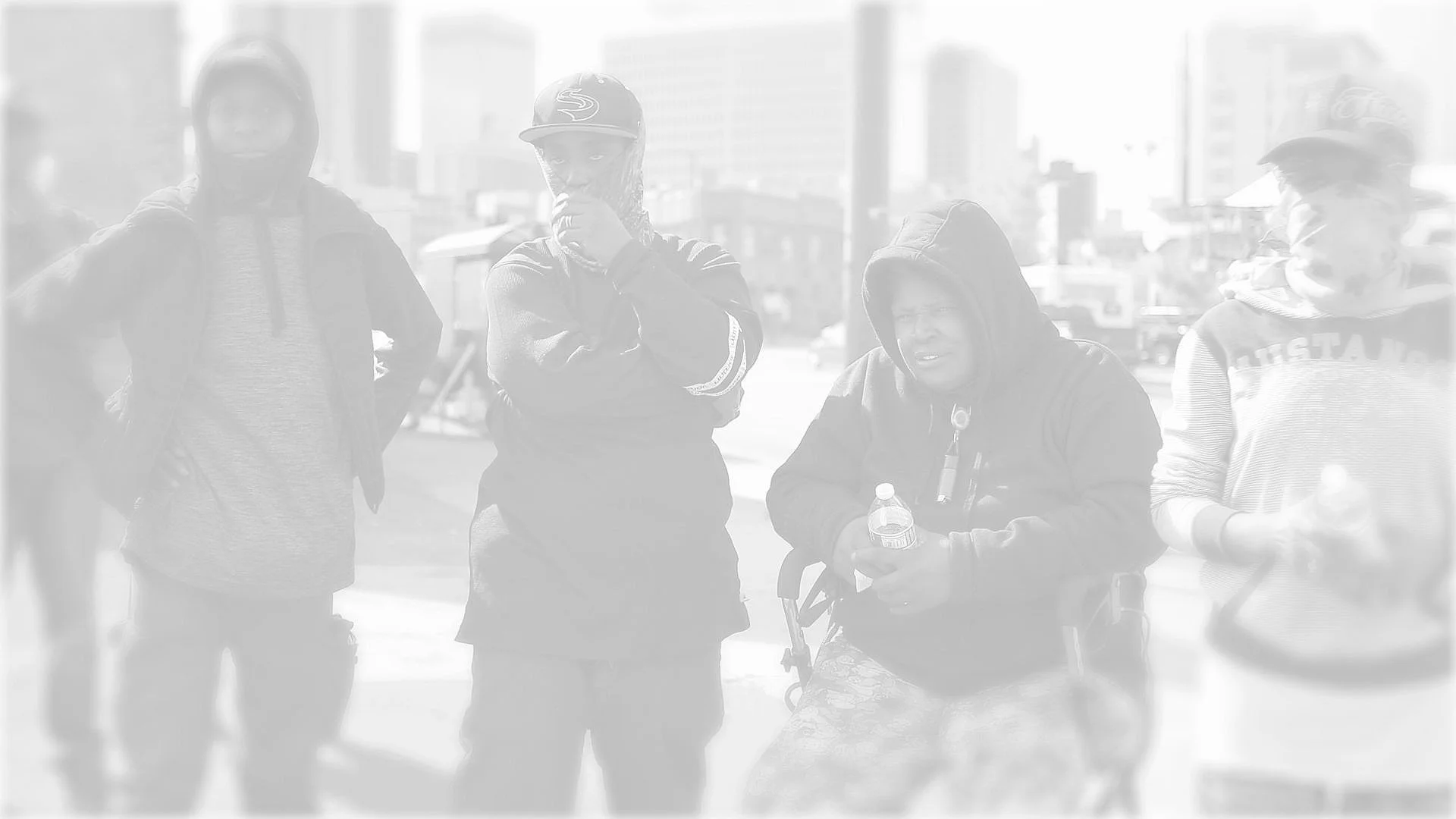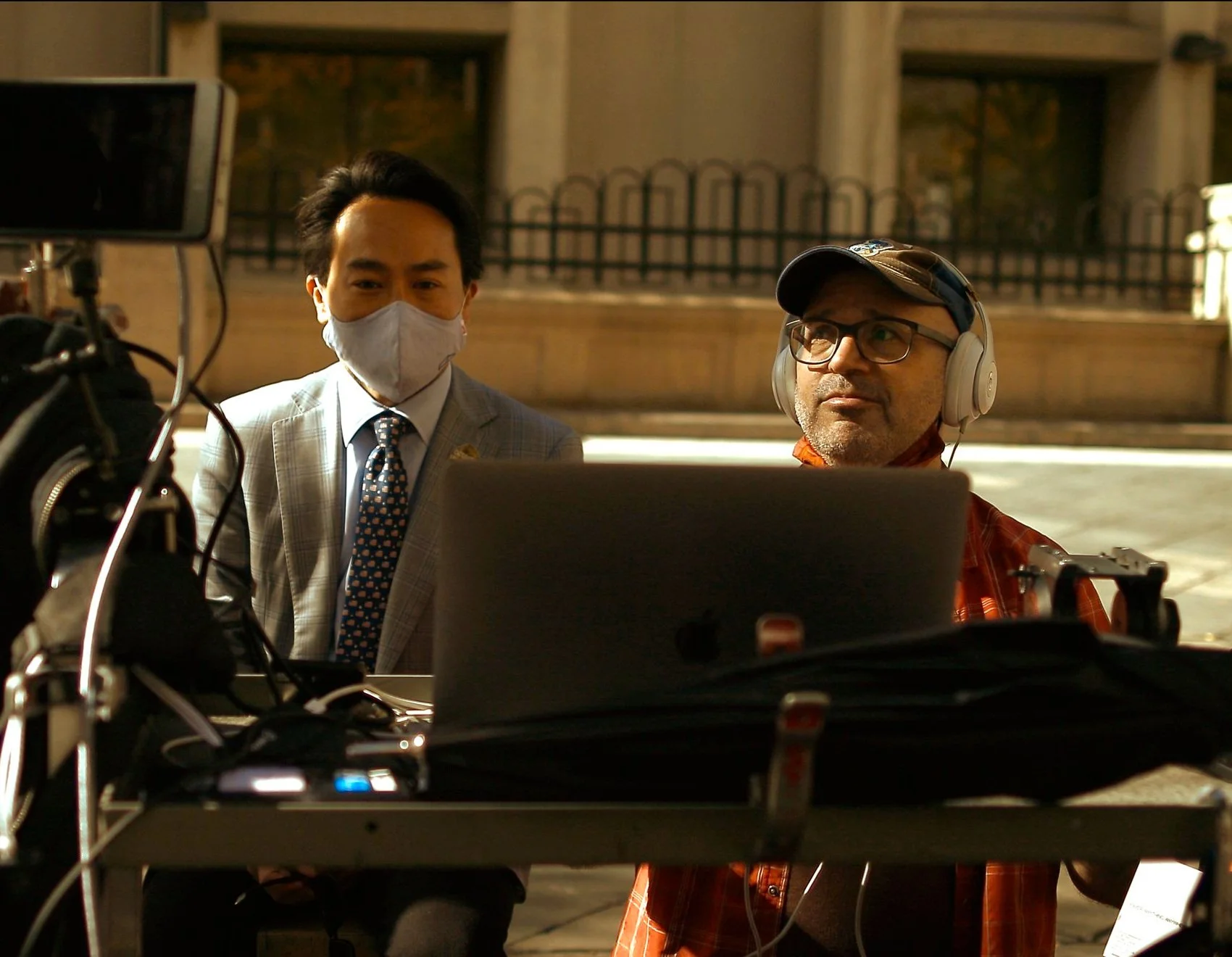
Why we started listening…
We didn’t set out to make a homelessness movie — just to meet people in Denver. We wanted to hear local stories, and we set up camp on the 16th Street Mall, offering folks $20 to talk about whatever mattered to them most. But we wound up talking to over one hundred people without homes.
But the people we met usually had no one to count on when they were kids.
That conclusion quietly echoed from one interview to the next. Stories of trauma. Stories of despair. Stories of having nowhere to turn growing up, when these kids yearned for protection or an example. Those are the stories we heard most.
There is a statistic at the end of our “Home” documentary, created from many of these interviews, that says almost 800,000 people were homeless in America in 2024, up 23% from the year before. It turns out, that so many of them never really had a home to begin with that it occurred to us that that could be the problem our country has to solve: How do we make every kid feel safe? And cared for? And loved?
Watch the trailer
It quickly became obvious that our interviewees had problems. Just about everyone we talked to that first day — and all the folks we spoke with on over a dozen more filming days to come — had no place to live. We moved to Civic Center Park and a downtown stretch of Broadway, and it was the same issue confronting everyone.
The people we met usually had no one to count on when they were kids.
There are all kinds of issues to solve in helping the unhoused. Obviously, finding people a place to live makes sense. So does help with food and clothing. Mental health and substance abuse treatment are also great places to start. Legal help addressing past criminal convictions and job support training can definitely work. The scope of the problem is so big, it’s easy to start triaging in any of those places because the disaster of people living without homes is spreading so rapidly, and you just want to lend a hand.
These interviews beg the audience to figure out why the people we met usually had no one to count on when they were kids?
The way we hope this film helps is by helping to explain why people are unhoused to begin with. If enough people start searching for that answer maybe someone on the street today will be seen in a new way. With empathy and understanding.
Ask yourself, should kids have someone in their lives to count on when they’re growing up?
The answer’s so obvious, the problem is we have to ask the question to begin with.

